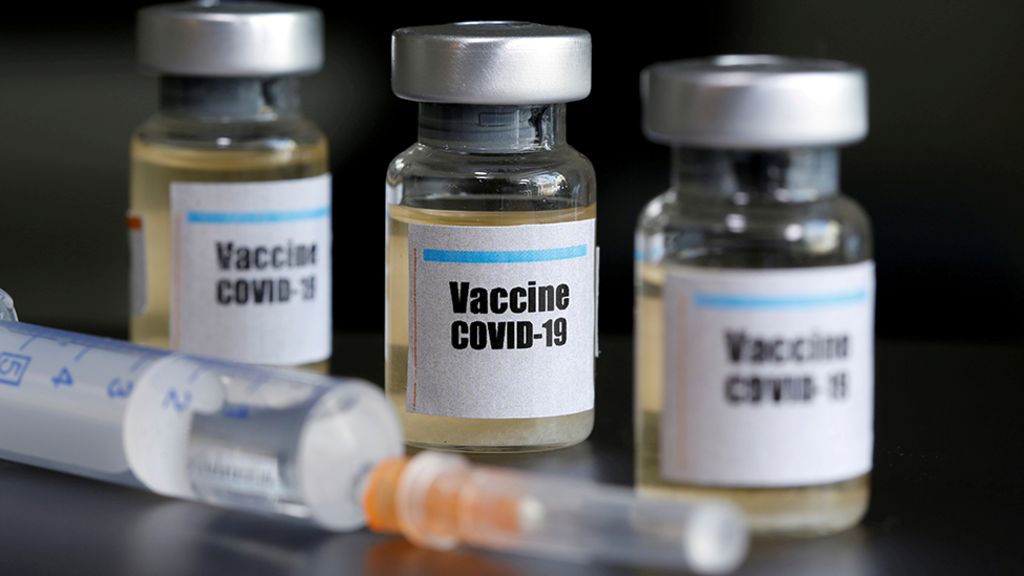
BY PARSA ERFANI/ EUGENE RICHARDSON/ JASON HICKEL
THE global COVID-19 vaccine rollout is creating a “vaccine apartheid”. As of February 24, 2021, approximately 216 million people had been vaccinated against COVID-19 globally. Only 8,4% of these are in low and lower-middle-income countries, which are home to nearly half of the world’s population.
If this trend continues, young and healthy individuals in wealthy countries will be vaccinated while older and vulnerable people in poor countries continue to die.
Wealthy countries have focused on securing vaccines for their people instead of investing in co-operative initiatives — such as the access to COVID-19 tools (ACT) (and its vaccine pillar Covax) — that would distribute vaccines to high-risk people in all countries.
In the process, they are hoarding limited supplies (with Canada, for example, securing nearly 10 doses per capita), raising vaccine prices, and squeezing lower-income countries out of the vaccination race. South Africa paid double what the European Union did for the AstraZeneca vaccine.
Most wealthy countries will vaccinate their people this year, while lower-income countries may not achieve mass immunisation until 2024.
If this vaccine nationalism continues, the poor will be pushed into disease, poverty and death.
Vaccine nationalism is self-defeating.
- Chamisa under fire over US$120K donation
- Mavhunga puts DeMbare into Chibuku quarterfinals
- Pension funds bet on Cabora Bassa oilfields
- Councils defy govt fire tender directive
Keep Reading
As wealthy countries roll out domestic vaccination plans, emerging COVID-19 variants threaten their success. Recent data suggests that several vaccines in use may present reduced efficacy against new variants.
As long as SARS-CoV-2 continues to circulate in poor countries, wealthy countries are vulnerable, even with their vaccination shields. Their economies are also at risk.
The International Chamber of Commerce predicts that if poorer countries are not accorded equitable access to vaccines, the global economy may lose as much as $9,2 trillion, approximately half of which would fall on advanced economies.
By comparison, funding the ACT accelerator requires only $22,9 billion.
A global vaccination strategy is both cheaper and safer. It is a moral imperative — only a truly global vaccination strategy can ensure equal value is placed on the lives of the rich and poor.
Towards this end, we must take three urgent steps:
First, high-income countries should support transfer of relevant technologies and intellectual property (IP) to enable other countries to scale up vaccine production.
Last year, South Africa and India submitted a proposal to the World Trade Organisation (WTO) to temporarily waive certain provisions of the trade-related aspects of intellectual property rights agreement (TRIPS) for COVID-19-related technologies.
The waiver was supported by nearly 100 countries, but was nonetheless spiked by the European Union, United States, United Kingdom, Japan and several other countries that host large pharmaceutical industries.
Policymakers in wealthy countries argue that IP is not a true barrier to vaccine access and that existing TRIPS flexibilities are sufficient.
But IP has already become a barrier: South Africa faced challenges in accessing re-agents for COVID-19 testing due to IP rules. What is more, the US, EU and Switzerland have historically undermined the use of TRIPS flexibilities in order to protect pharmaceutical profits.
IP waivers and technology transfers will not lead to immediate inoculation in lower-income countries, but they will facilitate international collaboration and remove real barriers to local vaccine production.
The TRIPS waiver will be reconsidered by the WTO this month, and wealthy countries should support it.
Secondly, high-income countries should deploy a proportion (for example 10% or more) of their vaccine supply for global allocation directly through Covax (they currently hold about 56% of the world’s COVID-19 vaccine supply but make up only 16% of the global population).
Although sending doses abroad may delay their domestic vaccine rollout, doing so will contribute to global herd immunity, which is in everyone’s interest.
Norway committed to such a path last month. As wealthy nations begin to scale vaccine production, an incrementally larger fraction of their vaccines should be deployed to poorer countries.
Thirdly, high-income countries should cover the entire $22,9 billion funding gap of the ACT accelerator. This funding is necessary for Covax to achieve its intended population coverage in the coming years.
Some lower-income countries will utilise doses from Covax as they secure purchases from vaccine manufacturers. Others may rely entirely on Covax to achieve herd immunity.
Covax is important, and it needs full support, but even at its most ambitious, it will be too slow (it aims to vaccinate 20% of the population of lower-income countries by the end of the year), and it does not address the underlying structural problems that give rise to vaccine apartheid.
We should not be distracted from the more important objective of establishing that all people have equal rights to public health medicines — not just for this crisis, but permanently. This is not a matter of charity, it is a matter of justice.
The COVID-19 pandemic will likely define how countries operate in global health for the coming decades. Vaccine apartheid is merely the latest manifestation of a colonial logic of othering and oppression that began centuries ago.
Reparative justice demands undoing these legacies — and a commitment to vaccine equality can mark the start.
- Parsa Erfani is a Fogarty scholar at Harvard and the University of Global Health Equity.
- Eugene Richardson is a physician anthropologist and Assistant Professor of Global Health and Social Medicine at Harvard.
- Jason Hickel is an academic at the University of London and fellow of the Royal Society of Arts.











